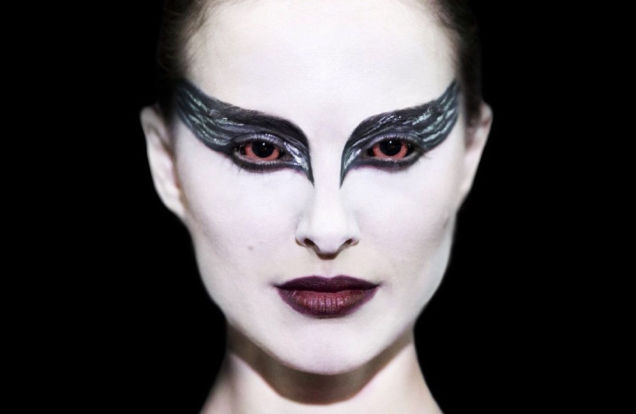MISCAST IN HOLLYWOOD
Kidman, Madonna, Jolie, & Gyllenhaal Get Razzed


If you love Lucy you just might have an opinion about Nicole Kidman being cast to play the legendary comedienne in writer/director Aaron Sorkin’s upcoming film, Being the Ricardos. Since you can turn on the television anywhere in the world and find I Love Lucy playing somewhere, it’s no surprise that fans of the beloved sitcom are passionate about their favorite redhead. The most fervent among them recently took to the Internet to voice their displeasure with Ms. Kidman’s casting. While the selection of Javier Bardem to play Desi Arnaz didn’t receive the same blowback, Lucille Ball’s most ardent fans asserted that although Kidman is a ginger, that’s where the similarities end. Forget that she has an Oscar, two Emmys and five Golden Globe awards in her cache, Lucy devotees feel that the actress doesn’t possess the physical comedy timing, the slapstick persona or, due to a preponderance of fillers and Botox, the wonderfully expressive face that is a prerequisite to portraying the greatest TV comedienne of all time.
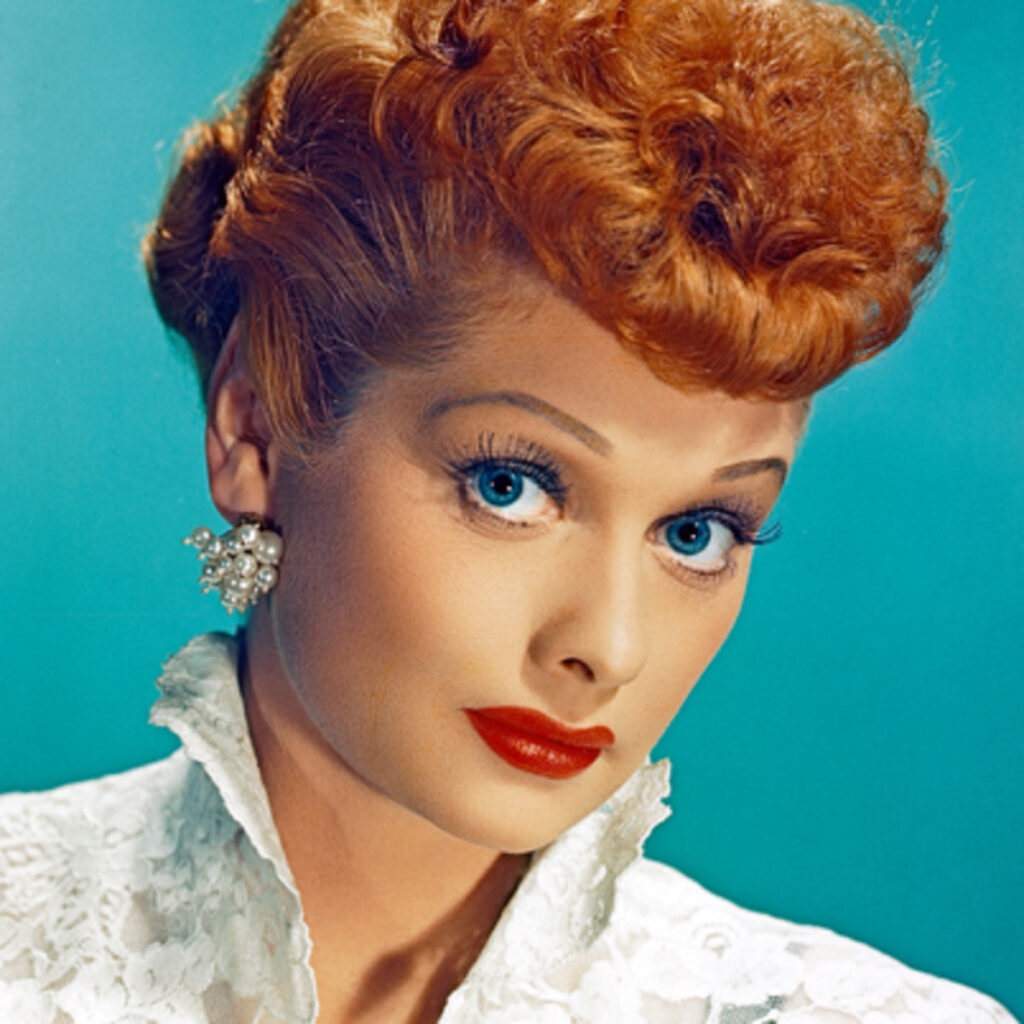
When it comes to that last point, some detractors agree with The New York Times’ film critic, Manohla Dargis, who wrote in her review of the ill-fated film Bewitched (in which Kidman played another adored TV character, the nose-wiggling witch, Samantha Stevens) that although “ethereally beautiful, Ms. Kidman no longer resembles a real person, having been buffed to almost supernatural perfection.”
But is it the comedienne herself or the Lucy Ricardo character that fans are so passionate about? If it’s the latter, one might understand the online brouhaha aimed at getting director Sorkin to rethink his casting and to hire Debra Messing for the role. No one can deny that the Will and Grace star bears a striking resemblance to Ms. Ball, and her audition tape, aka the Will and Grace I Love Lucy Tribute Episode, has already been seen by 2.6 million people. Message boards and Twitter were inundated with remarks from Messing’s fans who think it’s the role she was born to play. Other unsolicited casting suggestions included Emma Stone as Lucy and Oscar Isaac as Desi.
While the online controversy is great for raising awareness of the film, it hasn’t changed Mr. Sorkin’s mind. Just over a week ago, Lucille Ball and Desi Arnaz’s daughter, Lucie, (who, along with her brother, Desi Jr. is executive producing the film), took to Facebook to defend the casting. Commenting on the film which is set during one production week of I Love Lucy, when Lucy and Desi face a crisis that could end both their careers and their marriage (not exactly Lucy in the chocolate factory hilarity), Ms. Arnaz said, “We are not doing a remake of I Love Lucy,” assuring fans that “No one needs to impersonate Lucy Ricardo,” before closing with the message, “P.S. the voting is over.”
Miscasting has always been the Achilles’ heel of the movie business and is never more obvious than in biopics where the audience has a real person to compare the performance to. That’s a lesson Ms. Kidman should have learned in her roles as Grace Kelly in Grace of Monaco, a performance so flawed that The Guardian said, “That’s not Grace Kelly, that’s the woman that peed on Zac Efron!” and in Fur where her acting chops couldn’t disguise her being ill-suited to personify photographer Diane Arbus. Seeing such misguided performances makes you wonder what was her agent thinking?

Ms. Kidman’s representatives aren’t the only ones who have steered their clients into roles that are as uncomfortable as ill-fitting shoes. In what Rolling Stone called “an effort to revive two things long thought dead: Madonna’s acting career and the movie musical”, director Alan Parker gave us the big screen adaptation of Evita. Although many felt that the material girl perfectly embodied the spirit of Eva Peron, the publication went on to say that Madonna, “a singer and actress of limited talent and boundless ambition…struck more poses than sparks.” Despite receiving ego-bruising reviews, that role, along with her debut in Desperately Seeking Susan, are considered Madonna’s best, perhaps because they were both extensions of her carefully manipulated pop persona.
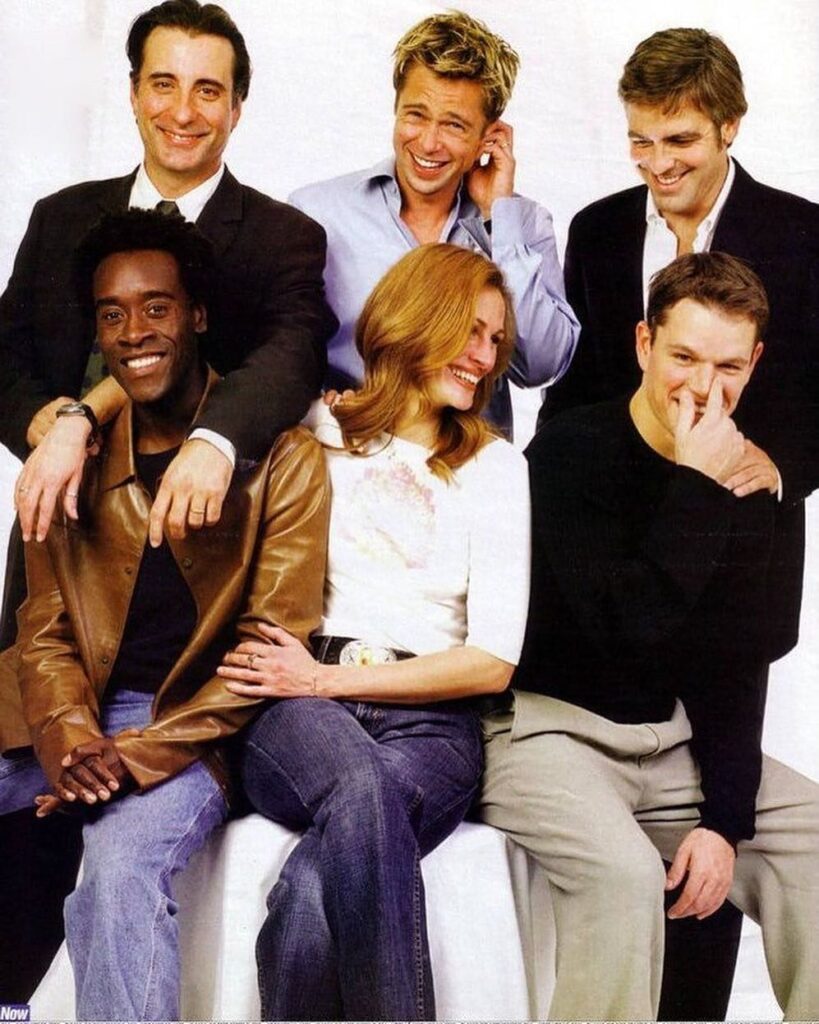
Hollywood’s hallowed halls are littered with miscast performances, and it’s not always just one bad apple that can spoil a film. Sometimes the whole cast seems out of place. Take Cecil B. DeMille’s epic The Ten Commandments for instance. From the wooden, overacted performance of Charlton Heston as Moses, to Anne Baxter’s campy Nefretiri delivering lines like “Oh Moses, you stubborn, splendid, adorable fool,” the film reeks of techniques and devices that Mr. DeMille first employed during the silent era. And while all-star casting is something that studios still resort to (think The Avengers, Oceans Eleven, Twelve and Thirteen to name but a few) the big-name stars that DeMille assembled for his second telling of the story of the Jews’ exodus from Egypt was an eclectic mish-mash of acting styles and temperaments that resembles something out of Waiting for Guffman. The only thing that the credited cast had in common was that, with the exception of Edward G. Robinson (probably best known to PROVOKR readers as the inspiration of the voice of Mr. Wiggums on The Simpsons), they were all gentile. Other members of the miscast production included Vincent Price, (remembered for his voice-over on Michael Jackson’s Thriller), Yvonne DeCarlo (Lily on The Munsters), and John Derek (best known as the husband of Ursula Andress, Linda Evans and Bo Derek). Only Yul Brenner as the Pharaoh comes off unscathed by the productions’ inherent overindulgence.
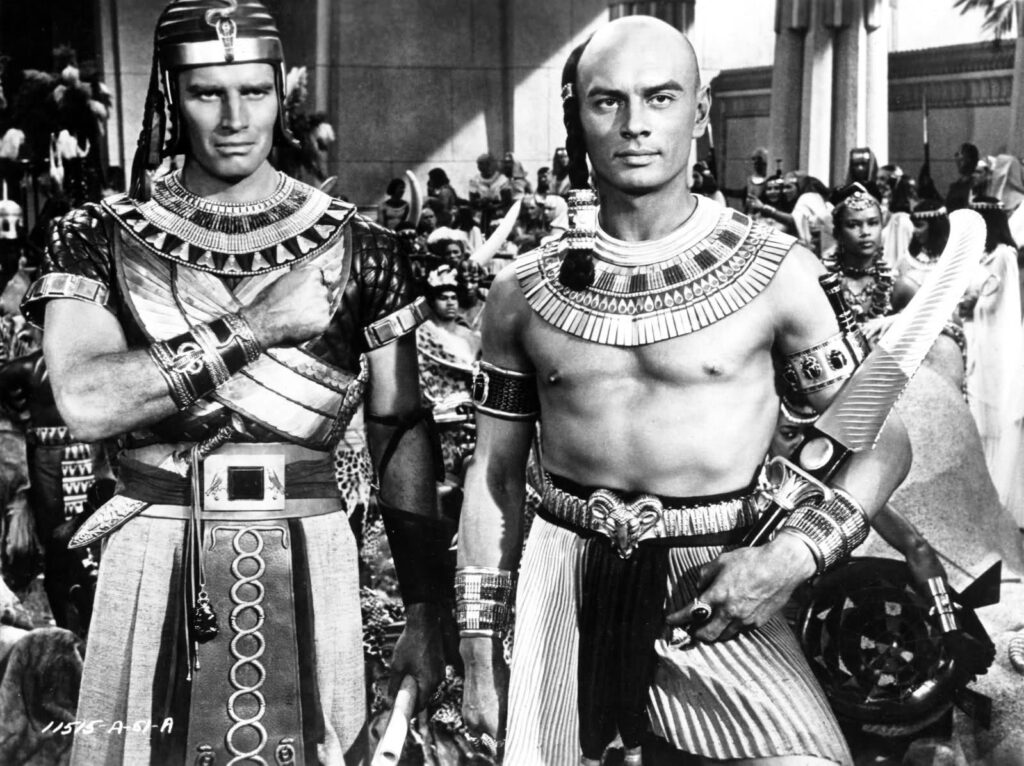
Epics, especially historical ones, seem especially prone to miscasting. Who can forget Colin Farrell’s painful turn as Alexander the Great in Alexander? As critiqued in the New York Times, as the titular conqueror, Mr. Farrell is “upstaged by an epically bad dye job” and plays the part of the Macedonian king with his native Irish brogue. Not to be outdone, Angelina Jolie as his mother, Olympia, plays her role “with a bewildering accent, part Yiddishe Mama and part Natasha of Rocky and Bullwinkle fame.” The Times concluded that “Rarely, since Joan Crawford rampaged through the B-movie sunset of her career has a female performer received such camp distinction.” Ouch.
The genre also derailed Jake Gyllenhaal’s assumed post-Brokeback Mountain, Jarhead, and Zodiac ascent to blockbuster superstardom. Pumped up to the max, Gyllenhaal looked more like a steroid-infused Thief of Baghdad than The Prince of Persia, but regardless of its royal title, this videogame spinoff didn’t cement his position as heir to the action hero throne.
Proving you can take the boy out of the Bronx but you can’t take the Bronx out of the boy, Tony Curtis sounded strangely out of place in 1960’s Spartacus. Coming off the success of Some Like It Hot, the classically handsome movie star exploited his pretty-boy looks to play a slave who becomes the subject of a Roman general’s (Laurence Olivier) affection in the film’s infamous ‘Snails or Oysters’ scene.
Casting against type is one thing, but casting against race is another. Since the dawn of the film industry, when numerous cast members went in blackface to portray African Americans in The Birth of a Nation and Rudolph Valentino made audiences swoon as The Sheik, Caucasian actors have been recruited to play a variety of ethnic characters. While some cross-race casting has been widely accepted (think Russell Crowe in Noah, Elizabeth Taylor as Cleopatra and Natalie Wood as Maria in West Side Story), others seem blatantly wrong. Perhaps the most laughable is John Wayne as Gengis Kahn in The Conqueror, while the most cringeworthy has to be Mickey Rooney as Mr. Yunioshi, Holly Golightly’s bucktoothed Japanese neighbor in Breakfast at Tiffany’s.
White actors playing Asian was commonplace, especially during WW2. Among the ranks who underwent hours in makeup to make the transition were Katherine Hepburn in Dragon Seed, Marlon Brando in Teahouse of the August Moon, Luise Rainer in The Good Earth, and Warner Oland in seven Charlie Chan films. The practice continued in the modern era with Linda Hunt winning an Oscar for her portrayal of a male Chinese/Australian dwarf in The Year of Living Dangerously and Emma Stone who was roasted for her portrayal of a half Asian Hawaiian in the disastrous Aloha.
Oftentimes, an actor’s persona completely overshadows their role. Imagine Barbra Streisand in anything she’s done since Funny Girl, or George Clooney in Batman. Audiences want to see Jodie Foster’s cool-under-pressure intelligence in a courtroom, not in Richard Gere’s bed in Sommersby. There’s no denying that with the exception of his performance in Magnolia, Tom Cruise is always Tom Cruise, and it’s unlikely that anyone is going to cast Michelle Rodriguez as the shrinking violet ingenue.
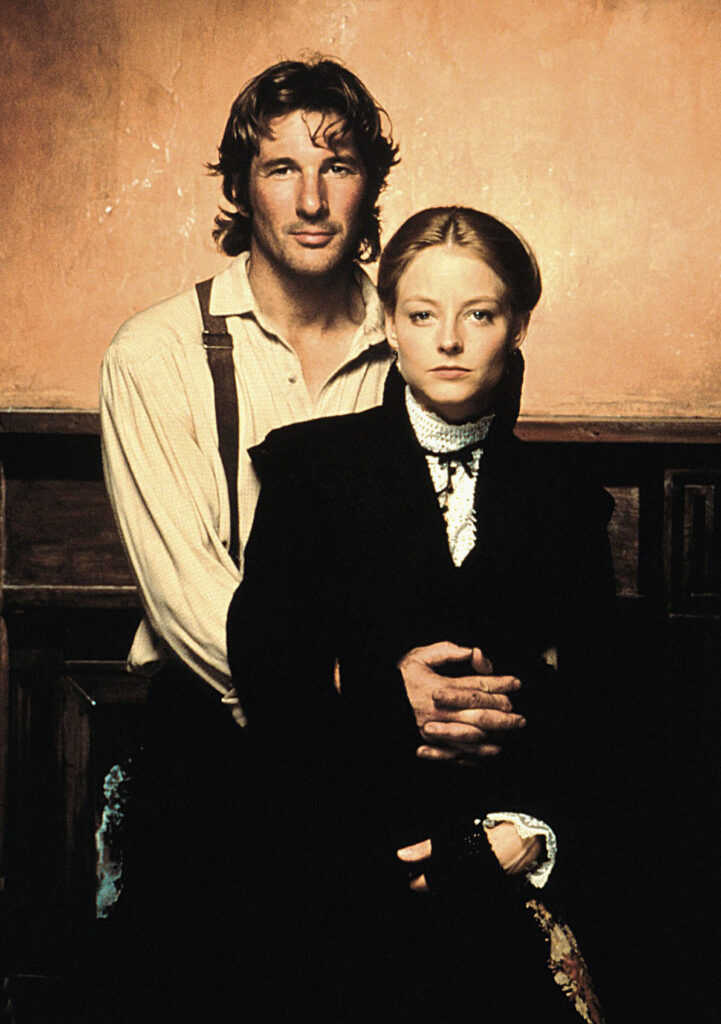
But casting can also be full of wonderful surprises that make us appreciate actors in a whole new light. Cate Blanchett earned raves for her embodiment of Bob Dylan in I’m Not There. Renee Zellweger took home an Oscar for her nuanced portrayal of Judy Garland in Judy. TV’s favorite career gal, Mary Tyler Moore, blew movie audiences away with a performance that was so realistic as the cold, emotionally distant mother in Ordinary People, that people just assumed that was her real personality. With nary a whoopy cushion in sight, Jim Carrey gave the performance of his career as a man whose life is a reality series in the inspired The Truman Show. Similarly, Michael Keaton, redefined his career when he kicked the comedy habit and played against type in Clean and Sober.

Such moments of cinematic rediscovery are exhilarating. Who could ever look at Catherine Zeta Jones and Renee Zellweger the same way after they brought down the house in Chicago? Their unexpected ability to sing and dance like Broadway hoofers earned Zeta Jones an Oscar and both of them a place in motion picture history. So why not give Nicole Kidman the benefit of the doubt as she takes on the role of Lucille Ball? Perhaps, like Zeta Jones and Zellweger, she’ll convert the naysayers and leave us all agog, marveling at her talent and applauding her bravery to take on a part nobody thought she was right for.
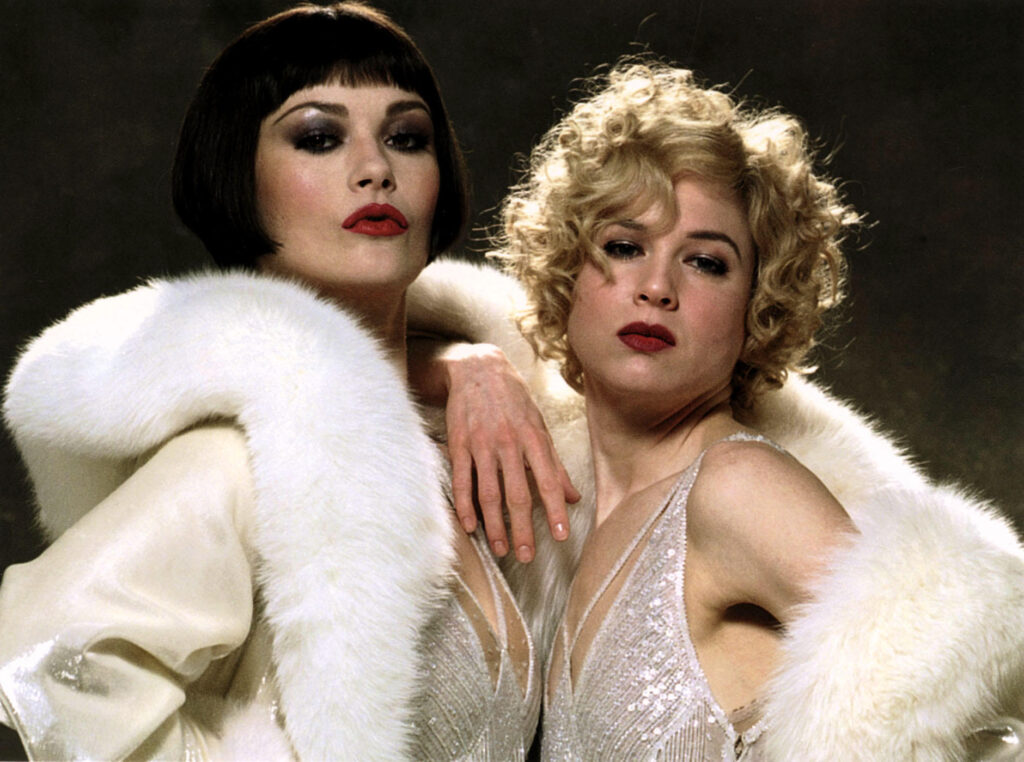
Copyright 2021 by Michael Arkin. All Rights Reserved.

